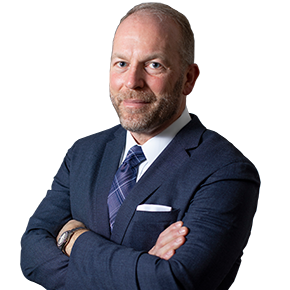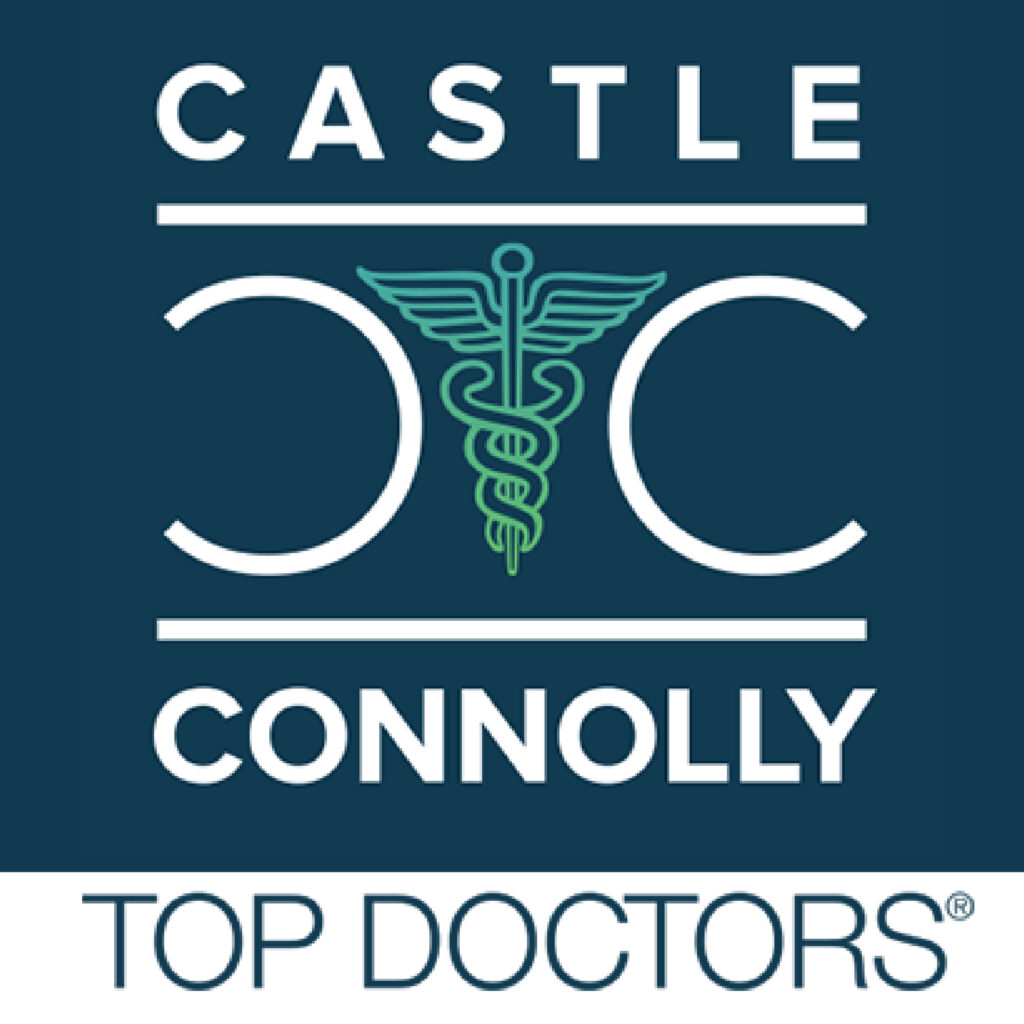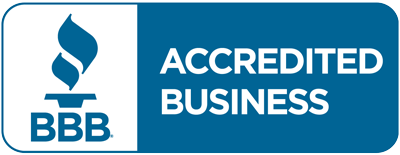Rotator cuff tears are a common problem and increase in incidence with one’s age. But surgery does not always have a 100% success rate and there are several issues that can affect one’s outcome. First having an orthopedic surgeon skilled in the most up to date repair techniques can improve one’s outcome. But even an excellent surgeon does not guarantee a perfect result. Tendons can degenerate and one’s biology for repair may not be optimal. Thus the major issue after rotator cuff repair surgery is healing. Rotator cuff repairs can have retear rates ranging from 5% in smaller tears to up to 75% in larger recurrent tears. Even when rotator cuff tears heal the remaining tendon can be thinner and prone to tendonitis due to degeneration. Many factors can have a negative effect on rotator cuff healing including smoking and malnutrition. The promotion of healing in rotator cuff repair is a key to helping prevent retears and promote healthy tendon healing without partial tearing or degeneration. This can help maximize return of strength while minimizing the risk of continued pain. There are multiple drugs and vitamins that have been explored to promote tendon healing. These include Vitamin C and D, Doxycycline, Testosterone, and Growth Hormone. Some of these have shown a real potential to facilitate healing while some to date have not.
Doxycycline, an antibiotic, has been shown to promote improved tendon healing threw a complex pathway where it inhibits matrix metalloproteinases or MMPs during the tendon healing process. In an animal model Doxycycline favorably influenced early healing of rotator cuff repairs through improved collagen organization, increased fibrocartilage, and greater strength of the tendon during healing. In a human study comparing patients given doxycycline for 1 month versus placebo after rotator cuff repair the patients taking Doxycycline had improved forward elevation strength at 1 year after surgery compared to placebo.
Patients with Vitamin D deficiency have been shown to have higher levels of fatty degeneration in their rotator cuff muscles which can have a negative effect on strength. Also in another study patients given low doses of vitamin D had improved muscle strength. Vitamin C has been shown to increase collagen proliferation, as well as diameter of collagen fibers and increased number of fibroblasts in a rat study. Collagen and fibroblasts are what make up healthy tendons. In a human study on rotator cuff repair Vitamin C taken for 45 days after surgery was associated with a better rate of healing at 6.3 month follow up compared to those who did not take it.
Growth hormone and testosterone to date have not shown such positive results after rotator cuff repair. Despite Growth Hormone being associated with elevated collagen synthesis and decreased anoxic damage when present, clinical studies have shown inconclusive and adverse effects on rotator cuff healing. With respect to testosterone it has been demonstrated that tendons contain receptors that are specific for testosterone. But regrettably some studies suggest that using testosterone in a healthy tendon can contribute to tendinopathy and abnormalities as seen in anabolic steroid abuse.
Maximizing healing using supplements can help improve outcomes after rotator cuff repair. It is important to choose a surgeon who is technically skilled but also up to date on the best overall methods to improve outcomes.
The Long Island shoulder specialists at Total Orthopedics & Sports Medicine offer comprehensive orthopedic treatment for all shoulder injuries. Explore your treatment options today.









 Website Design by
Website Design by